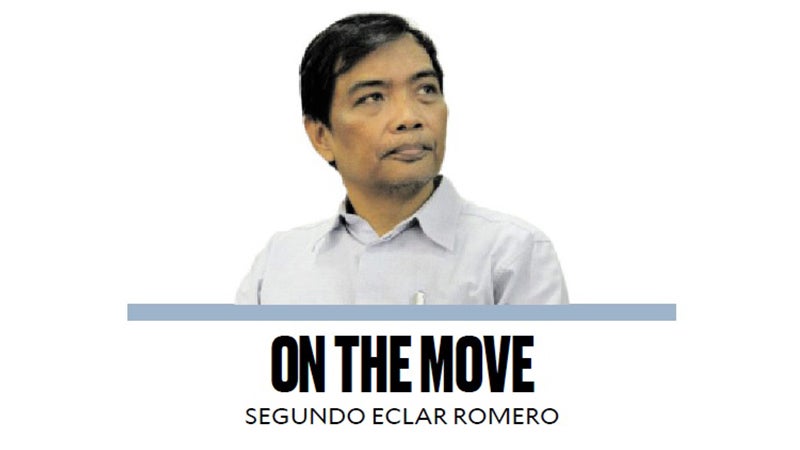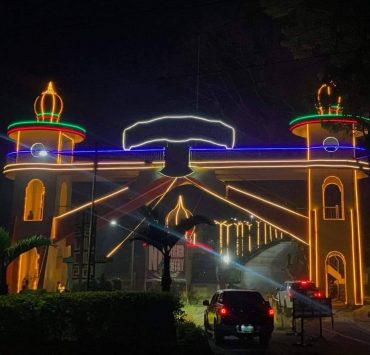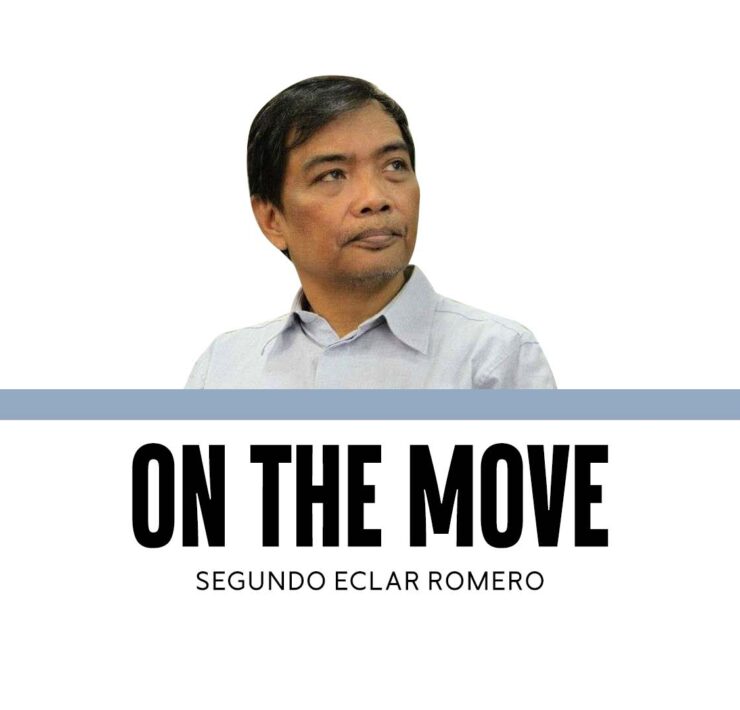Why can’t Marcos just say, ‘No comment’?

President Marcos has undeniably made waves on both domestic and international fronts. His resolute stance against Chinese aggression in the West Philippine Sea, advocacy for the Permanent Court of Arbitration’s arbitral decision, and successful efforts to attract foreign investments showcase robust leadership. However, his persistent denial of the Marcos family’s ill-gotten wealth undermines these achievements, casting a shadow on his credibility and the Philippines’ commitment to the rule of law.
On Australian television, in a one-on-one interview with ABC anchor Sarah Ferguson, a visibly flustered Mr. Marcos downplayed as propaganda the Presidential Commission on Good Government’s findings about his family’s ill-gotten wealth, even though this is well-documented. The President cannot extol the virtues of international law in one breath and then ignore the Supreme Court’s extensive, definitive rulings on the Marcos fortune in the next. This hypocrisy jeopardizes the integrity of the Philippine presidency and fuels accusations that his primary concern lies in shielding his family’s wealth, not serving the nation. This pattern is sadly familiar and disconcerting. Previous pronouncements defending the Marcos fortune might have been understandable—if misguided—from a personal standpoint. But as president, Mr. Marcos has a sacred duty to uphold the Constitution and the Filipino people’s welfare.
Mr. Marcos’ denialism takes on a particularly egregious tone abroad. In nations like Australia, where accountability norms are rigorously upheld, his dissonant statements reverberate all the more strongly. Now it becomes the duty of citizens to once again dig up the voluminous evidence of the Marcoses’ ill-gotten wealth for the benefit of the youth.
For the Australian audience, it will become necessary to remind them of the evidence in their backyard. The newspaper Sun-Herald obtained Swiss court judgments detailing the search for billions of dollars Marcos Sr. salted away before he was deposed in 1986. The Sun-Herald reports that these documents show that in 1971, soon after Evelin Hegyesi, a Playboy magazine model and one-time mistress of Marcos Sr., had their baby daughter named Eva Josefa, then President Marcos signed papers that made Hegyesi’s company, AustraPhil Pty Ltd., the “sole and only beneficiary” of one of his secret accounts. Eva Josefa is now known as Analisa Corr, a rich and famous celebrity interior designer (https://bitly.ws/3fwVj). How this story is not well known is a story in itself. “Exactly how Analisa Corr, the Sydney daughter of the late Philippines president Ferdinand Marcos, has managed to fly mostly under the radar for the past 51 years ranks as one of this city’s great social mysteries,” wrote Andrew Hornery in 2022 (https://bitly.ws/3fwVD).
For the Filipino audience and the rest of the world, the videos of the Marcoses’ crates of cash, jewelry in diapers, freshly printed Philippine peso bills, and bank certificates that were trucked from the US Air Force plane as they walked on the tarmac in the morning sun should be sufficient to debunk Mr. Marcos’ claim that his family was “empty-handed” when they landed in exile to Hawaii in 1986.
Beyond the West Philippine Sea and ill-gotten wealth, the Philippines faces a daunting array of challenges. Filipinos face economic uncertainty—inflation, energy insecurity, ballooning foreign debt, and wasteful government spending. There is political instability as the nation is put through a wringer to produce a customized Charter change result that, from the start, has meandered dubiously and nebulously in focus as well as in process.
With each denial, Mr. Marcos shirks his responsibility to tackle these problems head-on, sowing anxiety and distrust within the nation he leads. The Marcos regime’s performance is uneven. While there are promising developments, the refusal to fully acknowledge and address the past stands in stark opposition to the principles of justice and transparency that any modern democracy should uphold. Silence is unacceptable. Mr. Marcos should acknowledge the ill-gotten wealth and seek a resolution that would serve the interests of the Filipino people he is entrusted to lead.
Mr. Marcos has made 21 trips since he became president 21 months ago. There will be more—Germany, the Czech Republic, and Singapore. He will most likely be asked again about the ill-gotten wealth of the Marcoses. He can refuse to give one-on-one interviews over the rest of his term, which will handicap him as a salesman for the Philippines, or he could simply say, “No comment.” That should already speak volumes about the truth.


















